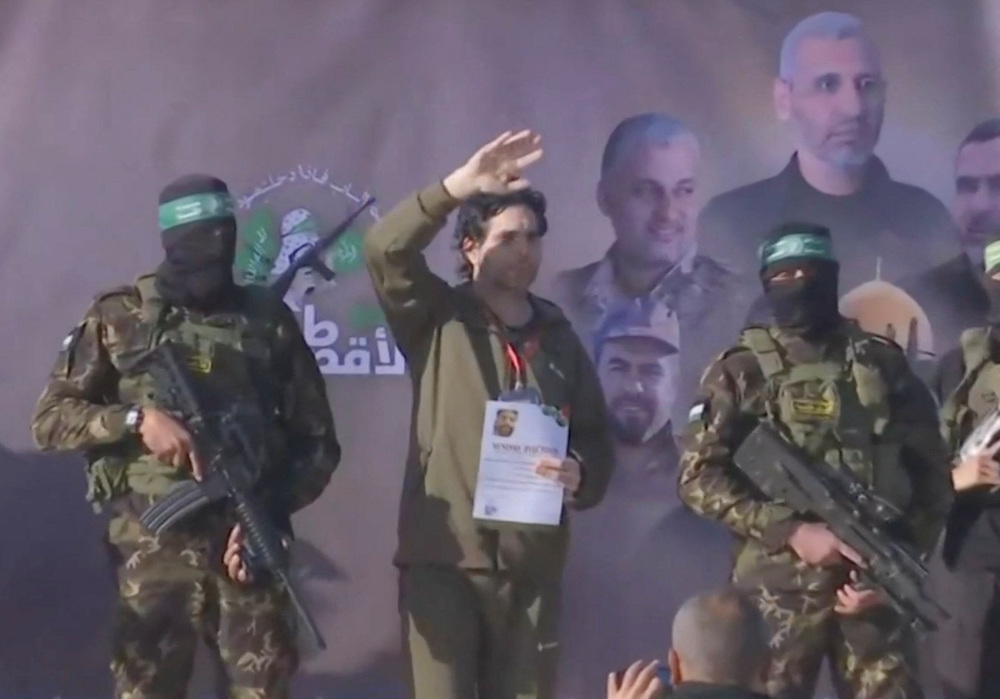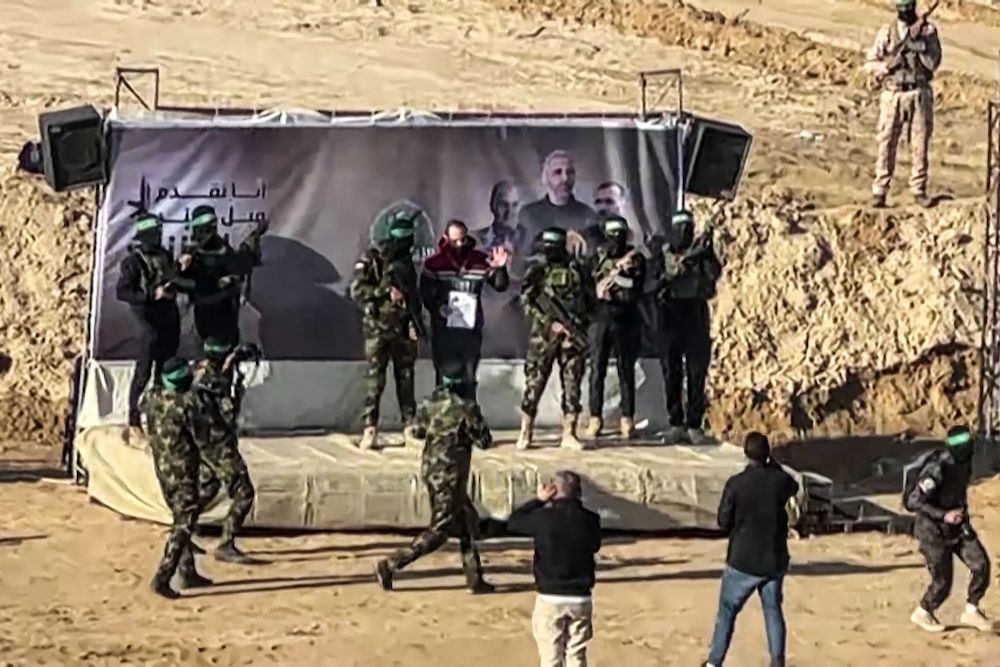DUBAI: Sustainable peace solutions demand leadership from within the region, emphasized leaders during a high-profile panel discussion titled ‘How to Lower the Temperature in the Middle East’ at the World Economic Forum in Davos on Thursday.
Jordan’s Foreign Minister Ayman Al-Safadi made a strong appeal for empowering Middle Eastern nations to take the lead in resolving their own crises.
“In the region, we are ready to do the heavy lifting to resolve our crises. We need our partners, but we also need them to understand that we know our region well. We know what it takes to achieve peace, and we need the space to offer our solutions. Most importantly, we need to be listened to—not talked at—as we address these challenges,” Al-Safadi said.
The panel explored the complex and interconnected challenges in the Middle East, including the ongoing war in Gaza, a fragile ceasefire in Lebanon, political transitions in Syria, and rising tensions in the Red Sea and Horn of Africa. The panelists emphasized the importance of regional collaboration, diplomacy, and addressing root causes of instability.
West Bank Tensions
Al-Safadi also warned of the dangers of neglecting the situation in the West Bank, describing it as “extremely dangerous.” He highlighted that while Gaza is seeing a degree of calm after intense fighting, escalating tensions in the West Bank could reignite violence.
“If that happens, we’ll find ourselves trapped in the same cycle all over again,” he said.
Israel’s military operation in the West Bank’s Jenin entered its third day on Thursday, coming shortly after a ceasefire agreement was reached in Gaza.
The raid has forced hundreds of residents to flee the refugee camp, with Israeli forces applying tactics previously used in Gaza. At least 10 Palestinians have been killed during the “Iron Wall” campaign, which Defense Minister Israel Katz described as a shift in Israel’s military strategy in the West Bank.
Varsen Aghabekian, the Palestinian National Authority’s Minister of State for Foreign Affairs, called for a durable peace process that prioritizes Palestinian rights.
“We hope this ceasefire becomes a permanent one. The US has proven it can play a key role, as we’ve seen in the past week, but durable peace must go beyond past frameworks and address the realities on the ground. The status quo in the Middle East cannot continue,” she said.
Syria: Sanctions and Stability
Syria’s Foreign Minister Asaad Hasan Al-Shaibani echoed the call for regional collaboration, emphasizing the need for international support.
“We bring hope to all Syrians by working to restore stability and security. What we seek from our international partners is support for Syria’s political process and a new path for the country’s future,” he stated.
Al-Shaibani also called for lifting sanctions on Syria, describing them as a significant barrier to the country’s development and stability.
Northern Syria and Regional Security Risks
Iraq’s Foreign Minister Fuad Hussein highlighted the risks posed by any renewed fighting in northern Syria, warning that it could lead to a surge of refugees into Iraq and pose security threats to both nations.
“Fighting in that area threatens the prisons holding thousands of Daesh and Al-Qaeda terrorists. Imagine if they are freed—what would that mean for Syrian and Iraqi security?” Hussein said.
Hussein also addressed the ongoing tensions between Iran and the United States, noting that Iraq is directly affected by this strained relationship.
“We hope both sides choose different approaches,” he said, adding that while Iran has signaled a willingness to negotiate, the US has not yet shown readiness.





























